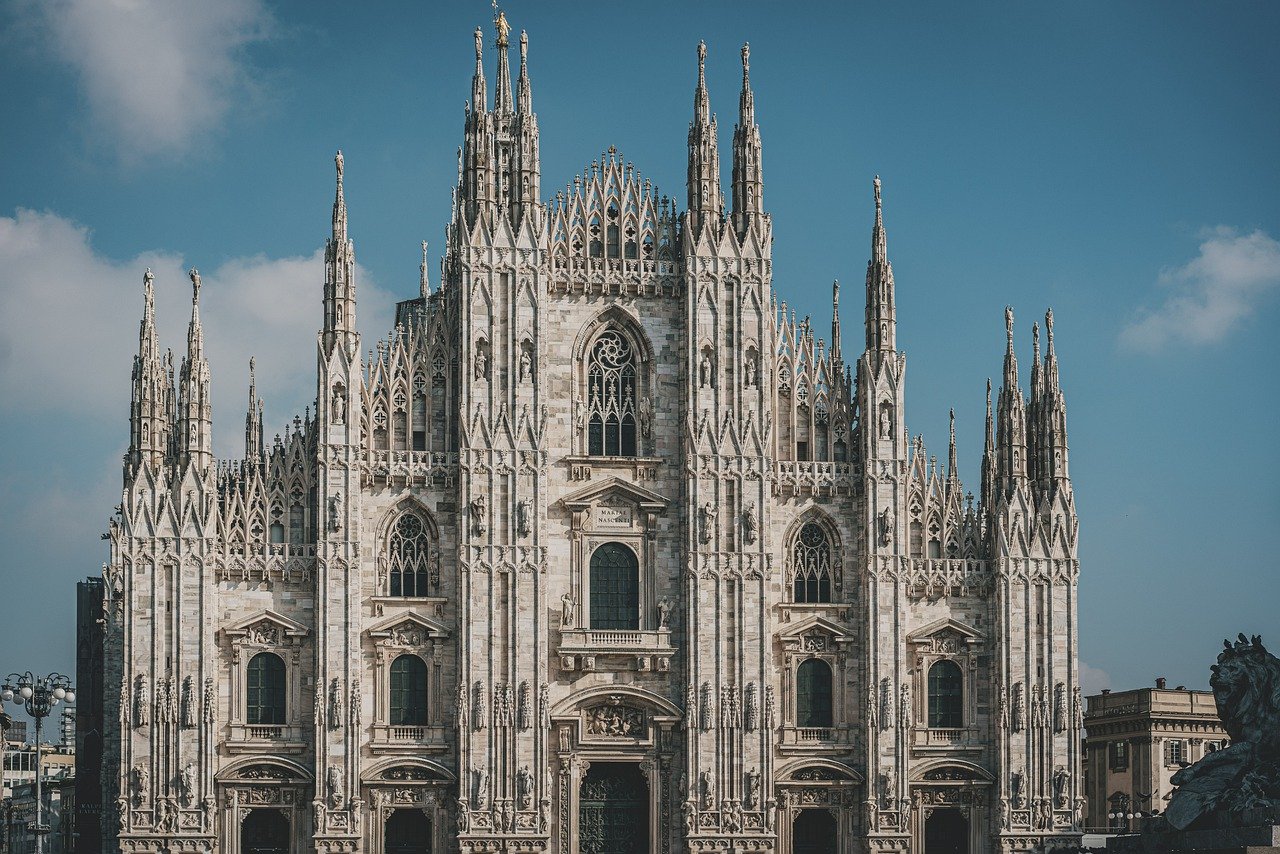
I graduated with a Bachelor of Science in early childhood education from the University of California at Santa Cruz. I went to school for one year before I got married and moved to a new state. I have since followed my two children around with the help of my husband and now my two granddaughters. I also have a Master of Science in early childhood education from the University of San Francisco. I am currently a teacher and have taught in the California Department of Education for almost 15 years.
Like most of the other people on this list, I have a Ph.D. in early childhood education. That’s a pretty big thing. There are many PhDs in early childhood education, with most of them working in the field of pedagogy, and most of them being professors. There are even a few PhDs working in the field of early childhood education and related fields, but they are not as common as PhDs in pedagogy.
There are only a couple of PhDs on this list, but they are really good. Notable is that one of our closest students was from the University of Southern California, who just happened to show up in one of our interviews and said “I am a PhD in early childhood education.” I asked him what he meant to say, and he said, “I mean, you’re a PhD.
I don’t know what he’s talking about and I don’t know that I care, but my only response to this is to find out if he would be willing to be interviewed for a podcast or something like that, since it seems like he’s very good with his hands.
Well, I’m not sure that the “PhD” part is a good idea, but I am pretty confident that the guy who said that was talking about a real PhD. I wouldn’t be surprised if he was talking about a Ph.D. in early childhood education.
The Ph.D. in early childhood education is a very popular career path. But it can also be a very good one. I spent some time at a Ph.D. program back in the early 2000s and the whole idea of teaching was very appealing to me. It seemed that there was something in the air about the way that people were able to learn, about the way that they were able to learn and about the way that they were able to teach.
When I was a kid, I was introduced to education in a very different way. I attended school for the first 10 years of my life while my parents were away for work. It was a very different learning experience than it is today. In that first 10 years, I spent a lot of time in class rooms that had no windows, no desks, no books, no pencils, and no teachers. The way we learned was the way we learned back then.
The way we learn today has changed a lot in the past few decades. In 1960, it was usually taught by a teacher with a blackboard and a chalk marker. In the 1970s, we had computers for learning, and in the 1980s, we had the Internet. And for some people, it was also a lot more fun to learn by playing video games.
The first few years of school, we were taught by a teacher without a desk, chalk, or a blackboard. The way we learned on that first few years was the way we learned back then.
In the 1960s, children were taught in school by their parents and teachers. This was something that we all had to do for ourselves. If we didn’t, we would be sent to reform schools. Some parents were also punished for their children not doing well at school. Some parents even used violence to control their kids’ education. But in the seventies, kids were taught by adults with a desk, chalk, and chalk markers.
